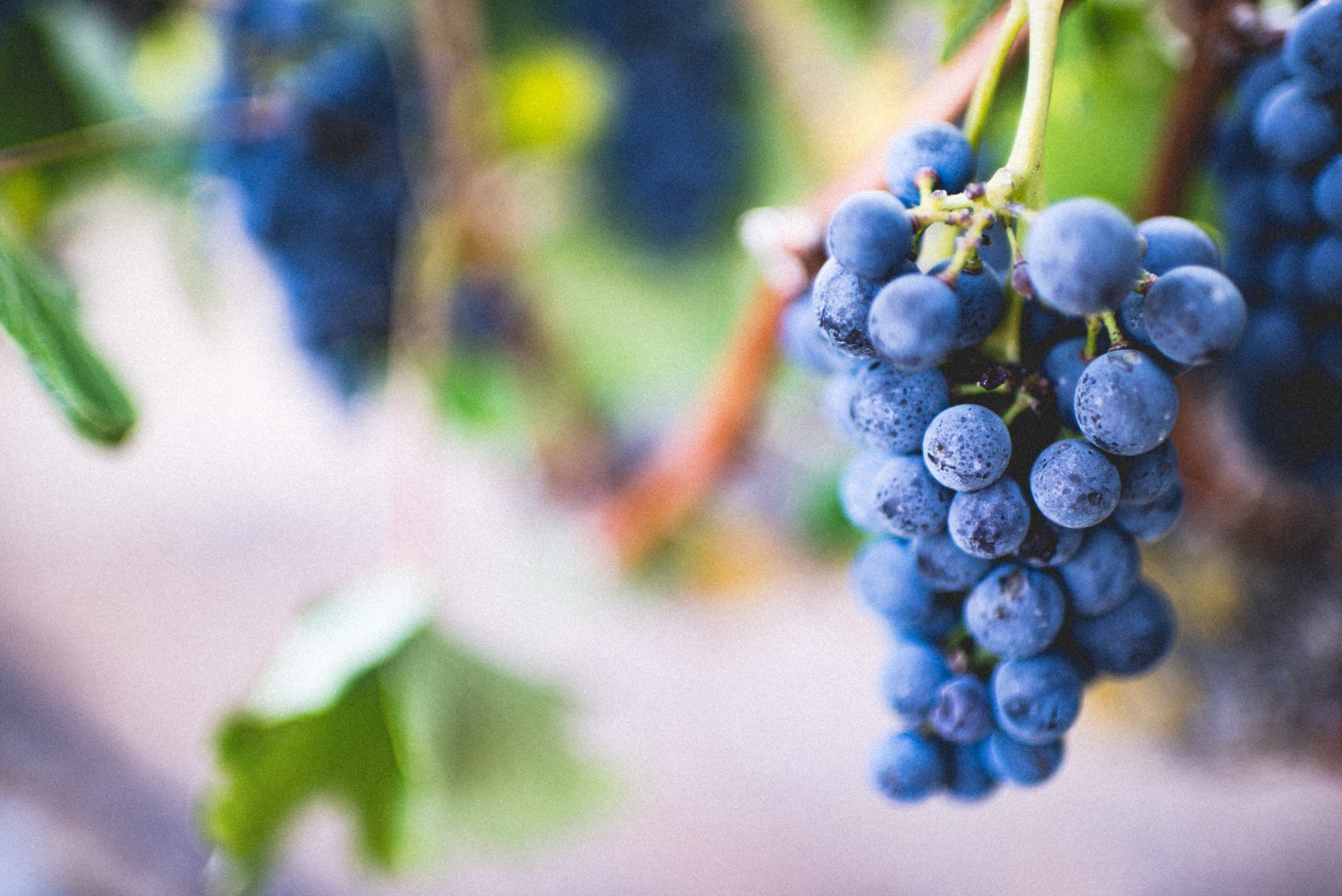By Amber Kinloch
I remember listening to one older friend of mine talking about his grownup children. Though they’ve fallen away from the Faith, he described them as “good people.” They’re intelligent, kind-hearted, hardworking, and generally, he thought, better than himself.
(This is coming from a man who is among the friendliest people I’ve ever met. A convert to Catholicism, he assists at daily Mass and is perpetually cheerful.)
I do not doubt that someone who lacks the Faith can still be a good person. My own father isn’t Catholic, yet a priest once described him as leading a moral life. I agree. He most certainly has taught me valuable lessons, which perhaps are all the more impactful for coming from someone without the Faith to instruct and brace them.
Still, there is a flaw to my friend’s argument. I didn’t know how to explain it, at first, but the answer came to me sometime afterwards when I recalled the parable of the Vine and Branches (Jn 15:1-8). In it, Jesus asserts: “Just as a branch cannot bear fruit on its own unless it remains on the vine, so neither can you unless you remain in me” (Jn 15:4). He further adds: “Whoever remains in me and I in him will bear much fruit, because without me you can do nothing” (Jn 15:5).
This helps explain what the Catechism of the Catholic Church teaches regarding unbaptized persons and those in the state of mortal sin. Such persons lack sanctifying grace and the gift of God’s abiding presence in their soul. Without this, they are cut off from salvation. (See CCC 1257 and CCC 1861.)
We see, then, that it is not enough to be a good person. We may live what others perceive as an upright life, but unless we’re united to Christ, we’re hollow inside, and our virtuous actions merit us no eternal reward.
In short, we must become saints.
People don’t like to have to answer such a demanding call. It sounds “unjust” to modern ears. Why should I have to attend church? What’s wrong with doing my own thing as long as I’m a “good person”?
But this teaching makes sense. Everything good comes from God. He is the One Who breathes life into us (Gen 2:7). If we accomplish anything virtuous, it’s only with His help. Rather than being annoyed or resentful, we should be grateful that God’s given us the Church, the Ten Commandments, etc., and made His Will so clear to us.
Regarding those not in communion with the Catholic Church, we do not despair. We judge actions, and sometimes we can judge another’s intentions, but God alone judges the soul. He knows us better than we know ourselves, and takes into account every minute thing. Besides, He is constantly pursuing each one of us. He will keep showering us with His grace, no matter how much we’ve offended Him, right up until our last moment on earth. There is abundant hope.
Still, we must not slack. There is much work to be done regarding the salvation of souls. God wants us to help Him even as we attend first and foremost to our own salvation. Like St. Paul, may we one day attest: “I have competed well; I have finished the race; I have kept the faith” (2 Tim 4:7). May we, with God’s help, become saints.

Amber Kinloch
Amber writes from the bunker of her living room. There she hunkers down with her laptop and a blanket while keeping an eye and ear tuned in to the activity of family life. Music set on loop keeps her energy flowing as she muses on the deeper happenings of ordinary life and what food to restock the fridge with.






Excellent. Thank you for your insights.